Appliance Safety Awareness
Ensuring the safety of your appliances is paramount to protect your home and loved ones. By familiarizing yourself with safety regulations and implementing ongoing maintenance practices, you can prevent potential accidents and prolong the lifespan of your appliances.
Understanding Safety Regulations
Compliance with safety regulations plays a vital role in maintaining a secure living environment. Organizations like OSHA and FDA have established standards to ensure the safe handling of chemicals and the quality control of drug products. For instance, OSHA’s Hazard Communication Standard (HCS) mandates the evaluation and communication of hazard information, emphasizing the importance of proper labeling, safety data sheets, and worker training. On the other hand, CGMP regulations guarantee the quality and purity of drug products by enforcing measures such as thorough manufacturing controls, quality management systems, and reliable testing laboratories.
Ongoing Maintenance Practices
Regular maintenance is key to ensuring that your appliances, particularly gas equipment, operate safely and efficiently. Annual maintenance checks are essential to verify the proper functioning of gas appliances like generators, especially during critical times such as storms or power outages. Proper installation, routine inspections, and maintenance conducted by qualified professionals are critical for the safe use of gas space heaters. Regularly inspecting connectors and replacing them when needed can prevent potential safety hazards.
In addition to maintenance practices, the installation of safety detectors is highly recommended to enhance your appliance safety measures. Smoke alarms, carbon monoxide detectors, and residential methane detectors (RMD) serve specific purposes in detecting smoke, carbon monoxide, and gas leaks respectively. Correct installation and placement of these detectors following manufacturer guidelines are crucial steps in safeguarding your home from potential hazards (National Grid US).
By understanding safety regulations and incorporating ongoing maintenance practices, you can create a secure environment for your household and ensure the efficient and safe operation of your appliances. Stay proactive in maintaining your appliances to prevent accidents and promote a safe and sustainable living environment.
Preventing Electrical Hazards
When it comes to ensuring the safety of your appliances, focusing on preventing electrical hazards is paramount. By taking proactive measures to address potential risks, you can create a safer environment for you and your family. Two key aspects of preventing electrical hazards are understanding the importance of proper installation and mitigating fire and shock risks.
Importance of Proper Installation
Proper installation of your appliances is the foundation for safe operation. Appliances must be checked to ensure they operate safely within the electrical supply specifications of the United States, which is 120V and 60Hz. Travel adaptors, voltage converters, or transformers may be necessary for safe appliance use in the USA.
One common cause of electrical hazards is short circuits, where electrical current deviates from its intended path, leading to appliance malfunctions. Preventing short circuits involves ensuring power cords and plugs are in good condition, outlets are not overloaded, and internal appliance wiring is regularly inspected to avoid potential risks (Gulf Coast Appliance Repair).
Mitigating Fire and Shock Risks
Overloading circuits by plugging too many appliances into a single outlet can lead to various risks, including electrical fires. To mitigate this risk, surge protectors should be used, and appliances should be distributed across different circuits to prevent overloading. Regularly inspecting power cords for fraying or damage is also crucial in preventing potential fire hazards.
Electric shocks are a significant concern, especially in wet environments like kitchens and bathrooms. To prevent electric shocks, ensure that appliances in wet areas are properly grounded, and that Ground Fault Circuit Interrupter (GFCI) outlets are installed in locations where water is present to provide an additional layer of protection.
It is also important to note that some travel adaptors may not be suitable for appliances requiring an earth connection and should only be used with double-insulated equipment clearly marked with a specific symbol to mitigate risks associated with improper use of adaptors (Electrical Safety First).
By understanding and implementing these safety practices related to proper installation and fire and shock risk mitigation, you can safeguard your appliances and create a secure environment for you and your loved ones. For more appliance safety tips and guidelines, check out our comprehensive article on appliance safety tips.

